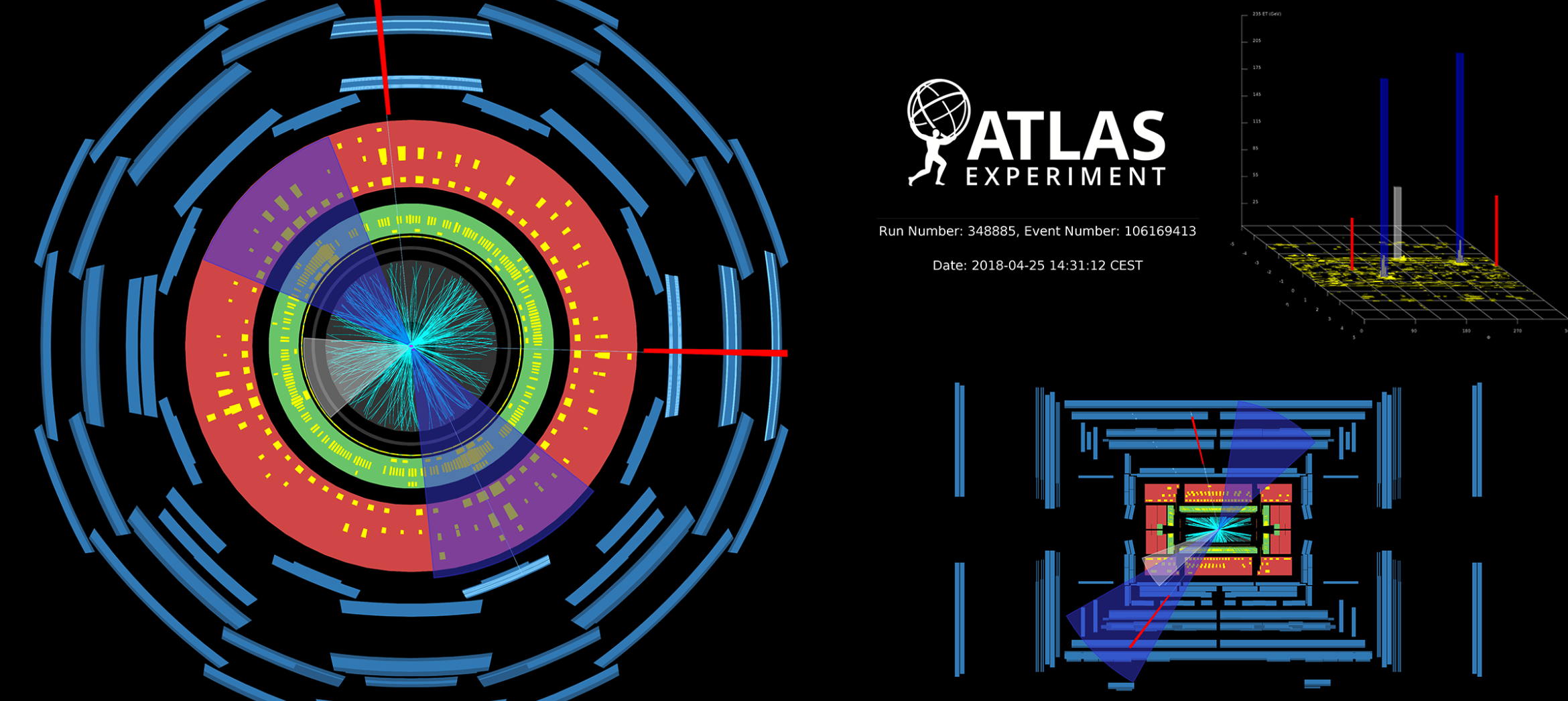ATLAS Collaboration Unveils New Insights into Z Boson Production with Heavy-Flavour Quarks
The ATLAS Collaboration at CERN has released groundbreaking results on the production of Z bosons in association with heavy-flavour quarks (bottom and charm quarks). Utilizing the full dataset from LHC Run-2, researchers have enhanced their understanding of the proton's internal dynamics and the distribution of its constituent quarks. These findings offer significant contributions to the field of particle physics and pave the way for more precise theoretical predictions.
The ATLAS Collaboration has made significant strides in particle physics by measuring the production of Z bosons alongside heavy-flavour quarks using data from LHC Run-2. This study focuses on Z boson decays into electron or muon pairs associated with jets from b or c quarks. A new multivariate algorithm was developed to accurately identify jet-flavour, leading to improved precision in measuring Z+b-jets and Z+c-jets processes. The results were compared with theoretical predictions, revealing that models treating b-quarks as massless align best with observations. Additionally, the study of Z+c-jets offers valuable insights into the intrinsic charm quark content in protons, though current data remain inconclusive. These findings refine theoretical models and enhance our understanding of proton dynamics.
For more detailed information, read the full paper here.
